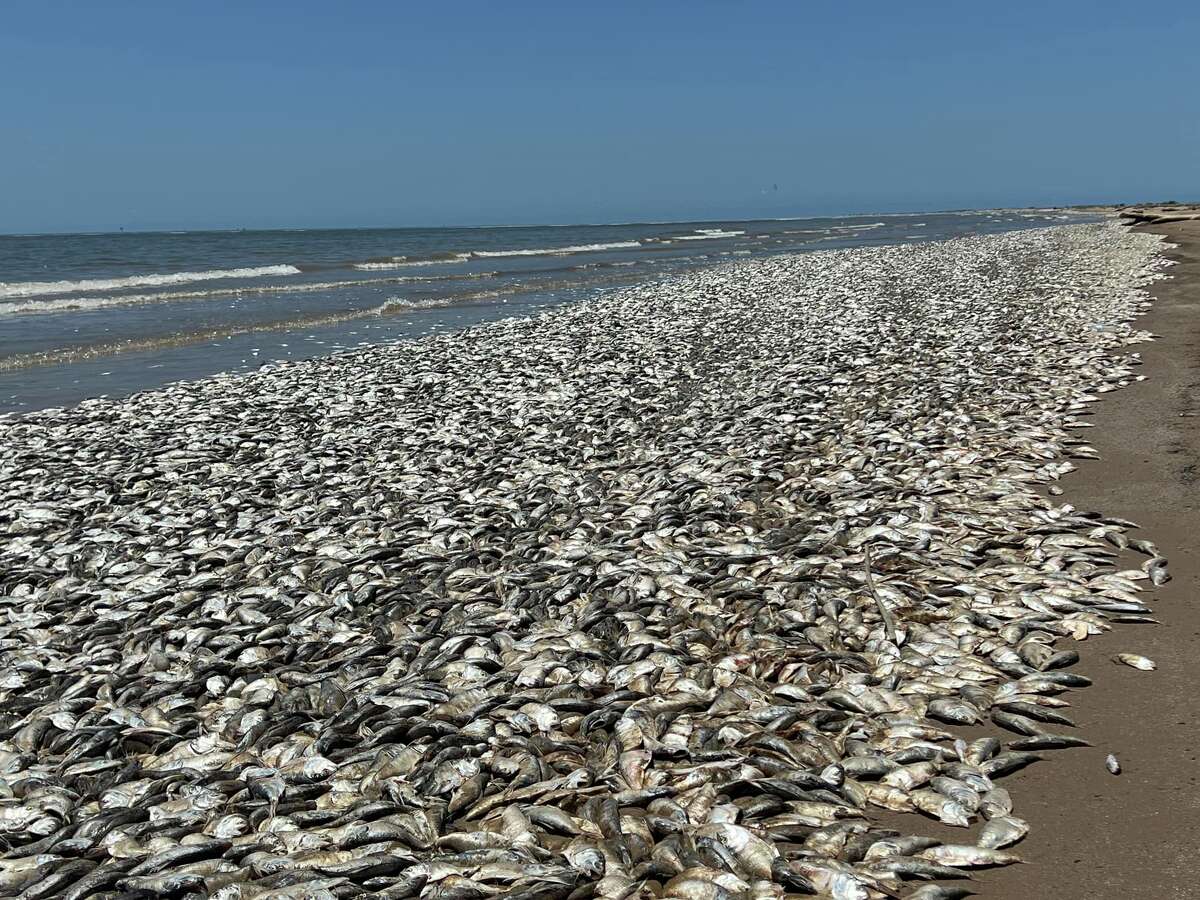Son, I’m going to need you to put the Xbox controller down. Now, you’re not in trouble, but we need to have a serious talk about your responsibilities in this household. You’re not a little kid anymore, and it’s time you stepped up and pulled your weight review-bombing the latest Marvel Cinematic Universe releases around here.
Growing up comes with privileges, son, but you also have to earn them.
Specifically, you need to be doing way more in visiting review aggregator sites over and over, using as many sock puppet accounts as you can, and giving negative score after negative score to Ant-Man and the Wasp: Quantumania, Black Panther: Wakanda Forever, and pretty much anything Kevin Feige greenlights to suck up to the woke lib masses.
What would your little sister think if she knew you were barely even spamming Brie Larson’s Instagram account to call her a “feminazi”?
She looks up to you, son.
